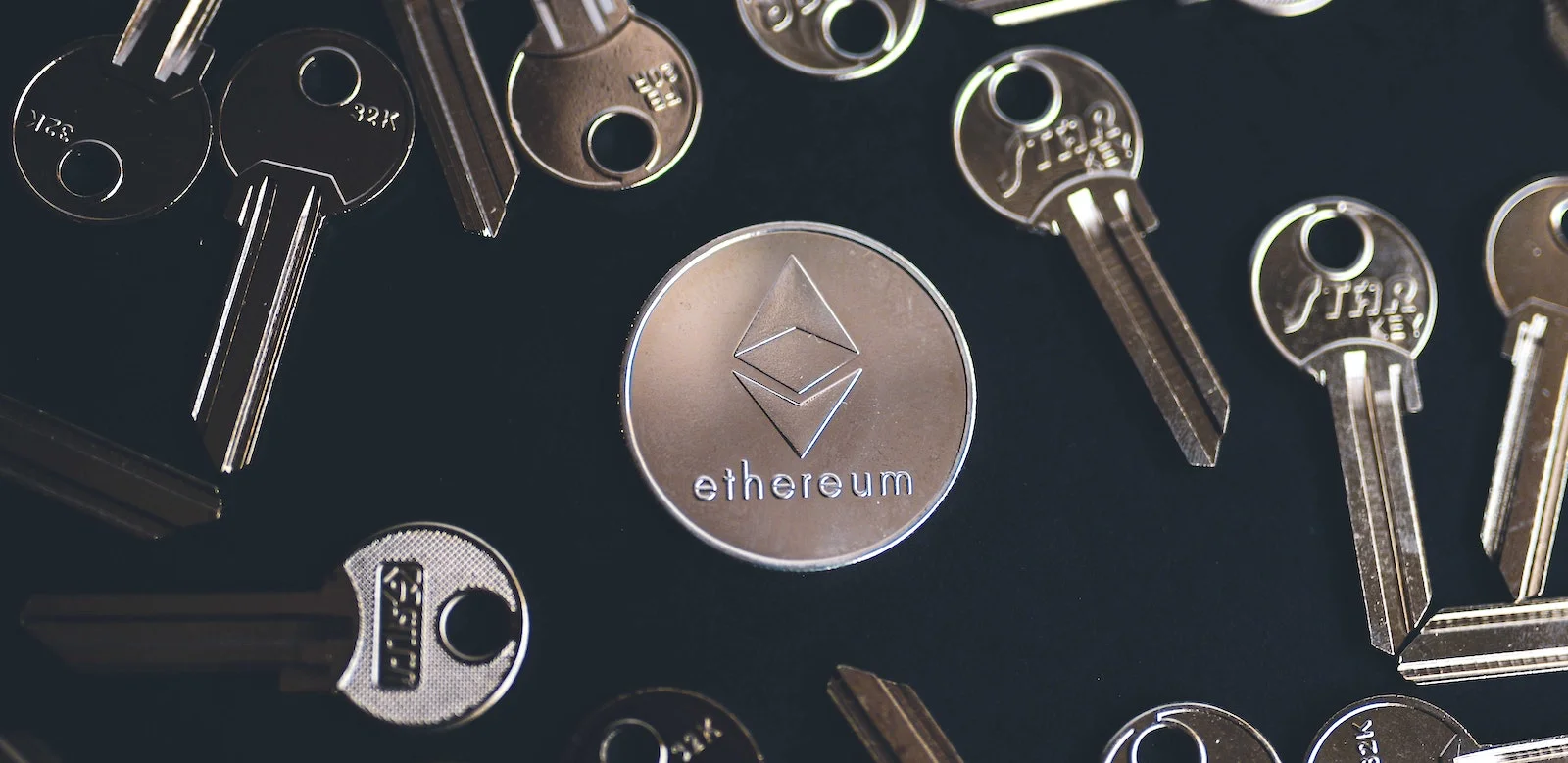Don’t put your cryptocurrency at risk by leaving it on an exchange. “Not your keys, not your crypto” means taking control of your own private keys.
Cryptocurrencies are gaining widespread adoption and have become an attractive investment option for many people. However, along with the growing popularity of crypto, there is also a need to understand its security aspects. One crucial aspect of securing cryptocurrency is controlling your own private keys.
In this article, we’ll discuss the meaning behind the phrase “not your keys, not your crypto” and explain why it’s essential to control your own keys.

What are “keys” in the context of crypto?
In the world of cryptocurrencies, a “key” refers to a cryptographic key pair used to access and control digital assets. Private keys are used to sign transactions, while public keys are used to receive transactions. A private key is a secret code that only the owner of the key should know. Public keys are mathematically derived from private keys and can be shared publicly.
So “key” in this context means the private key to your cryptocurrency wallet.
What does “not your keys, not your crypto” mean?
The phrase “not your keys, not your crypto” is a popular maxim in the cryptocurrency world, meaning that if you don’t control your private keys, you don’t really own your digital assets.
When you purchase cryptocurrencies on an exchange, the exchange holds the private keys for you. This means that the exchange controls your assets, and you’re relying on the exchange’s security measures to protect them. If the exchange is hacked, you could lose your digital assets.
Additionally, if the exchange goes bankrupt or shuts down, you could lose access to your assets entirely.
Why is controlling your own keys important?
Controlling your own keys is essential because it gives you full ownership and control over your digital assets. By controlling your private keys, you don’t need to rely on third-party custodians like exchanges to manage your assets.
This independence from third-party custodians reduces the risks associated with centralized control, such as hacks, bankruptcy, or fraud. By owning your private keys, you can securely store and manage your assets in a way that suits your needs.
How can you control your own keys?
There are several methods for storing and managing your private keys, including hardware wallets, software wallets, and paper wallets. Hardware wallets are physical devices that store your private keys offline, making them one of the most secure methods of storing your crypto assets.
Software wallets are digital wallets that can be installed on your computer or smartphone. They are convenient but can be vulnerable to hacking. Paper wallets are physical pieces of paper with your private keys printed on them. They can be secure but are also vulnerable to loss or damage.
Conclusion
In conclusion, “not your keys, not your crypto” is a maxim that emphasizes the importance of controlling your own private keys when dealing with cryptocurrencies. By owning your private keys, you can secure your digital assets and reduce the risks associated with centralized control.
Whether you choose to use a hardware wallet, a software wallet, or a paper wallet, the most important thing is to ensure that you control your own private keys. Don’t rely on third-party custodians to manage your assets, take control and be the sole owner of your crypto holdings.